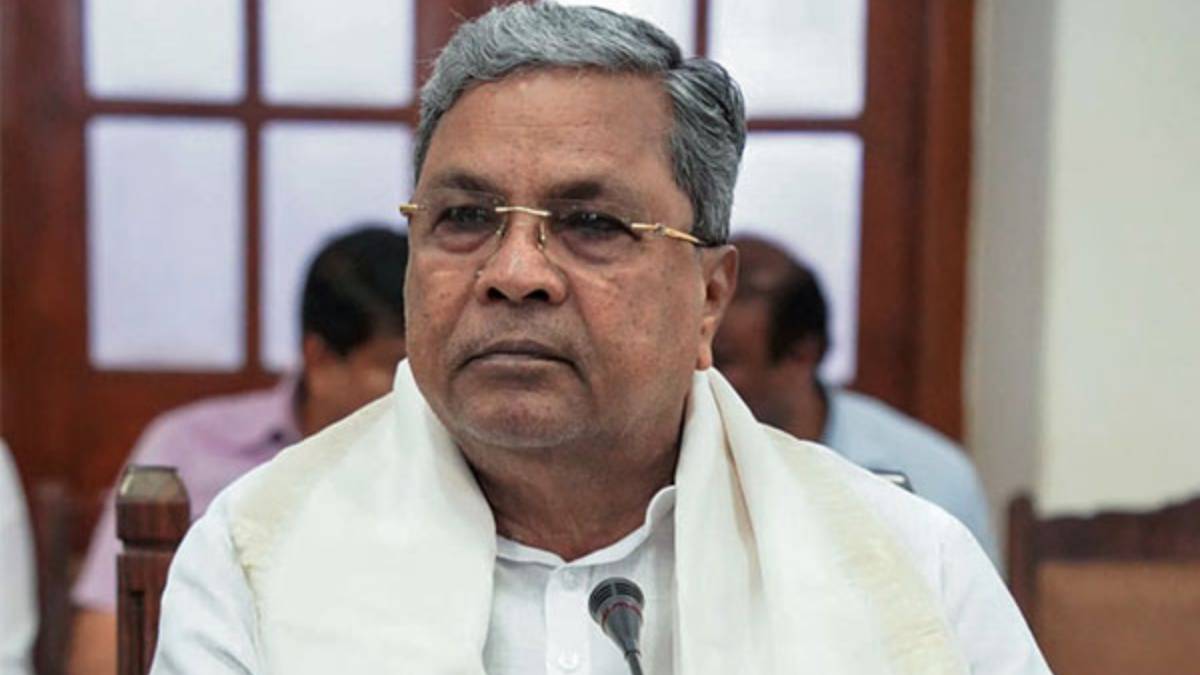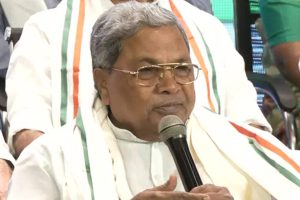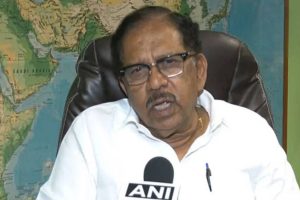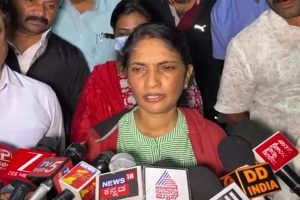Karnataka Chief Minister Siddaramaiah on Wednesday clarified that the decision to re-conduct the caste census in the state was not taken independently by the state government, but was directed by senior leaders of the Indian National Congress.
Responding to questions from the media, Siddaramaiah said, “Some complaints have been received regarding the caste census. It has been 10 years since the original survey, and it’s outdated. Senior party leaders suggested conducting it again. This is not our individual decision — it was made by our seniors. We have accepted the earlier report in principle, but a fresh enumeration is being considered.”
His remarks come a day after Deputy Chief Minister DK Shivakumar confirmed that the state would undertake a fresh caste survey to address concerns over the credibility and inclusiveness of the previous Kantharaj Commission report.
Speaking after a meeting with top Congress leaders in Delhi, including AICC President Mallikarjun Kharge and Rahul Gandhi, Shivakumar said, “To clear doubts raised by several communities about the sanctity and representation in the earlier census, we have decided to redo it. The process will involve door-to-door and online surveys and will be conducted in a transparent manner.”
He added that the decision to proceed with the new survey would be formalised in the upcoming Cabinet meeting scheduled for June 12.
Shivakumar reaffirmed the government’s commitment to social justice, stating, “This step ensures that every family, regardless of location, will be included. Even those living outside the state will have the opportunity to participate through the online option.”
He further mentioned that a parallel data collection effort focused on sub-castes within SC/ST communities has been ongoing for two months.
“There is no need for apprehension. The goal is to correct past inaccuracies and make the new census inclusive and trustworthy. We will work in consultation with community leaders to ensure no group feels left out,” he assured.
The Karnataka government’s move comes amid rising political sensitivity over caste-based data and representation, with growing demands from various communities for fair recognition in policymaking and welfare programs.





